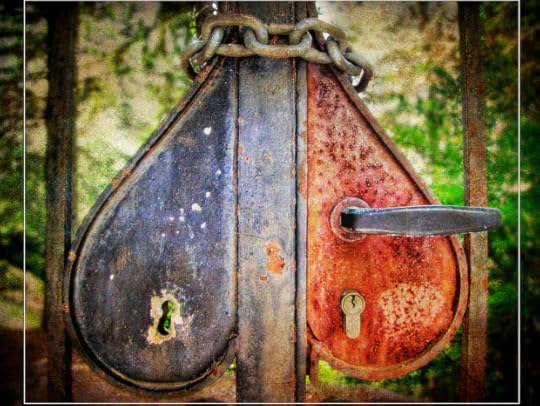When Do You Need to Secure Permissions?

Andrea Costa Photography / Flickr
With more authors publishing independently than ever, I'm hearing more questions about rights and permissions. It's a tough issue to navigate without having an experienced editor or agent to guide you.
I hope to provide some clarity on permissions in this post. Permissions is all about seeking permission to use other people's copyrighted work within your own. This means you contact the copyright owner of the work (or their publisher or agent), and request permission to use the work. Most publishers have a formal process that includes paperwork, e.g., a contract to sign. Often, you are charged a fee for the use, anywhere from a few dollars to thousands of dollars.
When do you NOT need to seek permission?
When the work is in public domain. This isn't a terribly easy thing to determine, but any work published before 1923 is in the public domain. Some works published after 1923 are also in the public domain. Read this guide from Stanford about how to determine if a work is in the public domain.
When simply mentioning the title or author of a work. You do not need permission to mention the title of someone's work. It's like citing a fact.
When you abide by fair use guidelines. If you're only quoting a few lines from a full-length book, you are likely within fair use guidelines, and do not need to seek permission. See more about fair use below.
When the work is licensed under Creative Commons. If this is the case, you should see this prominently declared on the work itself as an alternative to the copyright symbol. For instance, the book Mediactive is licensed under Creative Commons, and so are many sites and blogs.
When DO you need to seek permission? When you use copyrighted material in such a way that it cannot be considered fair use.
Crediting the source does not remove the obligation to seek permission. It is expected that you always credit your source regardless of fair use; otherwise, you are plagiarizing.
A Brief Explanation of Fair Use
There are four criteria for determining fair use, which sounds tidy, but it's not. These criteria are vague and open to interpretation. Ultimately, when disagreement arises over what constitutes fair use, it's up to the courts to make a decision.
The four criteria are:
the purpose and character of the use (e.g., commercial vs. not-for-profit/educational). If the purpose of your work is commercial (to make money), that doesn't mean you're suddenly in violation of fair use. But it makes your case less sympathetic if you're borrowing a lot of someone else's work to prop up your own commercial venture.
the nature of the copyrighted work. Facts cannot be copyrighted. For that reason, more creative or imaginative works generally get the strongest protection.
the amount and substantiality of the portion used in relation to the entire quoted work. The law does not offer any percentage or word count here that we can go by. That's because if the portion quoted is considered the most valuable part of the work, you may be violating fair use. That said, most publishers' guidelines for authors offer a rule of thumb; at the publisher I worked at, that guideline was 200-300 words from a book-length work in a teaching/educational context. Be careful whenever quoting song lyrics or poems; it is nearly impossible to use them without needing permission, unless it's an epic song or poem.
the effect of the use on the potential market for or value of the quoted work. If your use of the original work in any way damages the likelihood that people will buy the original work, you are in violation of fair use.
To further explore what these four criteria mean in practice, be sure to read this excellent article by attorney Howard Zaharoff that originally appeared in Writer's Digest magazine: "A Writers' Guide to Fair Use."
Does this apply to use of copyrighted work on websites, blogs, digital mediums, etc?
Technically, yes, but attitudes tend to be more lax. When bloggers (or others) aggregate, repurpose, or otherwise excerpt copyrighted work (whether it originates online or offline), they typically view such use as "sharing" or "publicity" for the original author rather than as a copyright violation, especially if it's for noncommercial or educational purposes. (I'm not talking about wholesale piracy here, but about extensive excerpting or aggregating that would not be considered OK in mass mediums.) In short, it's a controversial issue.
What questions are you left with? What needs further clarification? Let me know in the comments.
Jane Friedman
- Jane Friedman's profile
- 1882 followers



